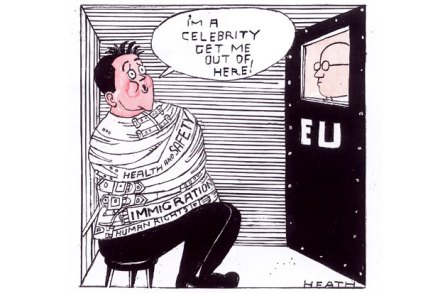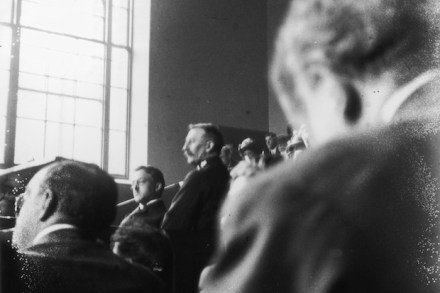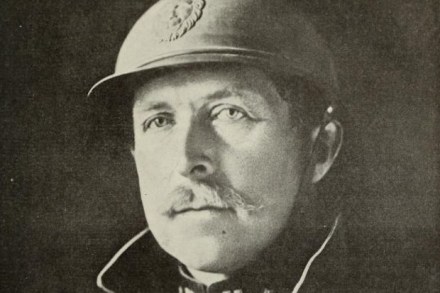Deal with the debt, George Osborne? You’ve hardly started
George Osborne has declared victory over Ed Balls, the IMF and all the others who warned that his austerity measures would throw Britain back into recession. But his triumphalism obscures a huge failure: his inability to contain the national debt. While the UK economy has been growing strongly (it is currently the fastest-growing of any




















